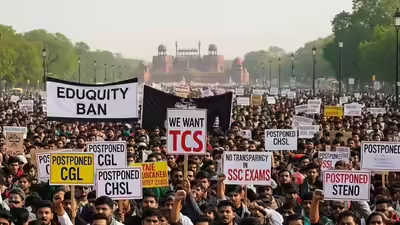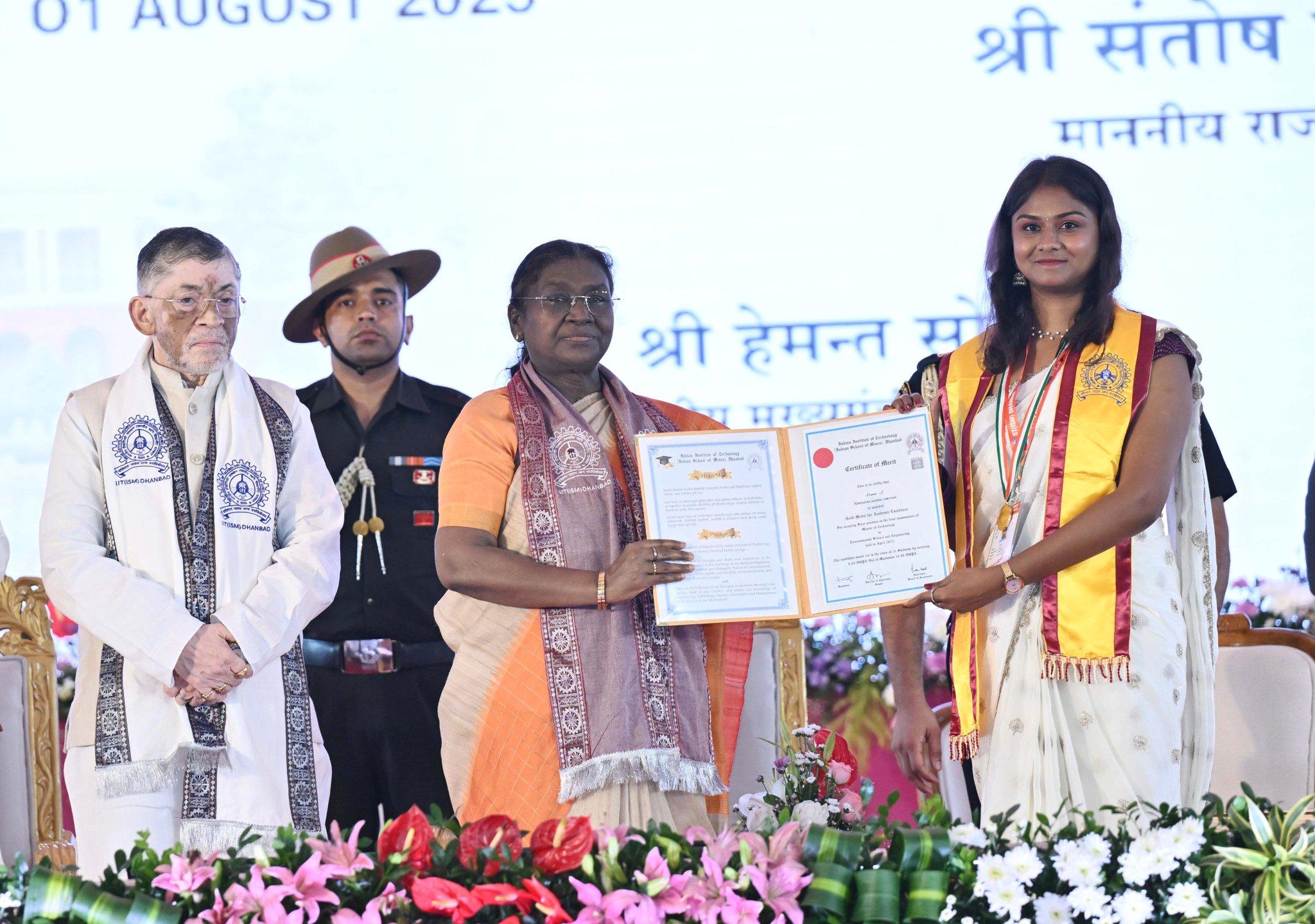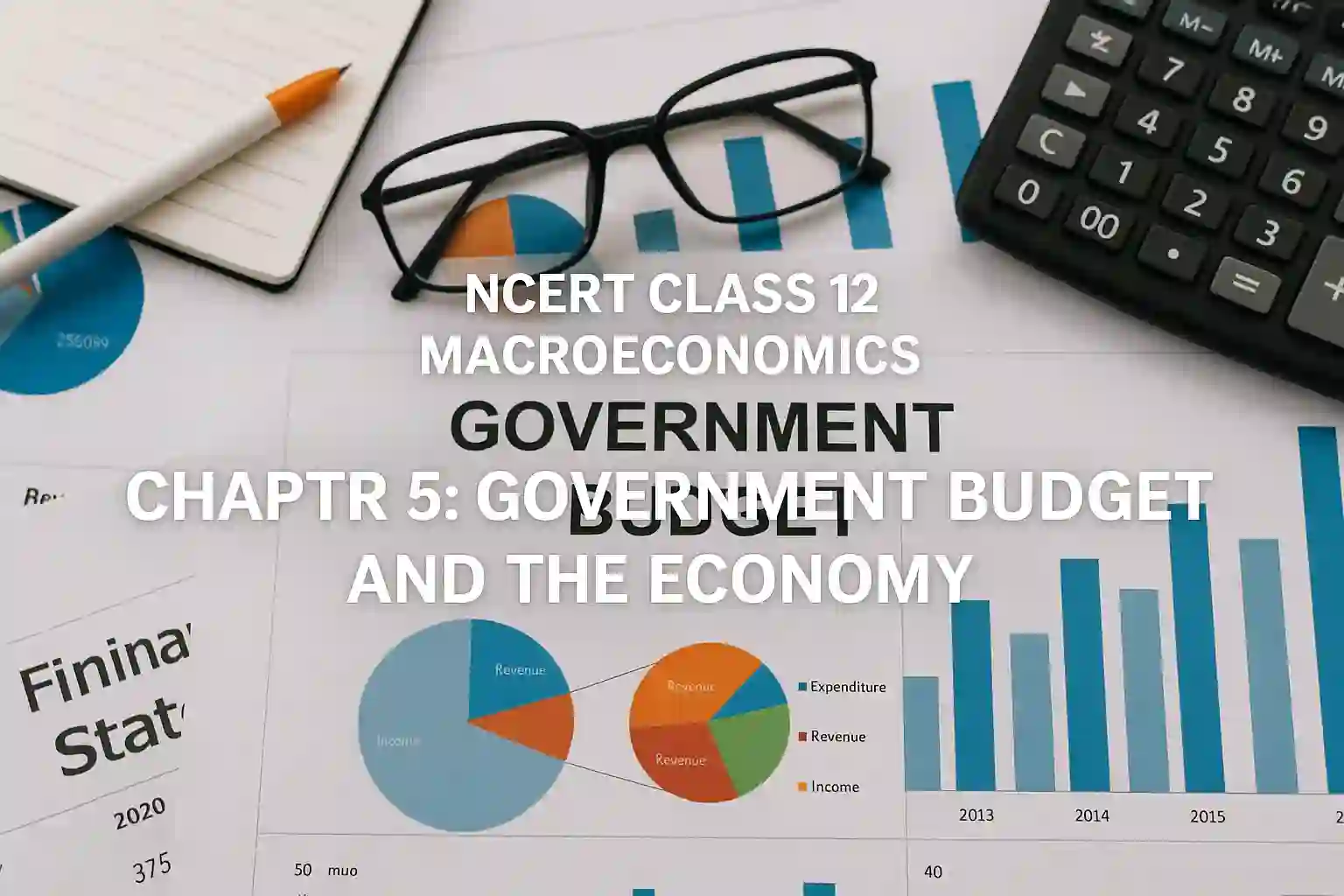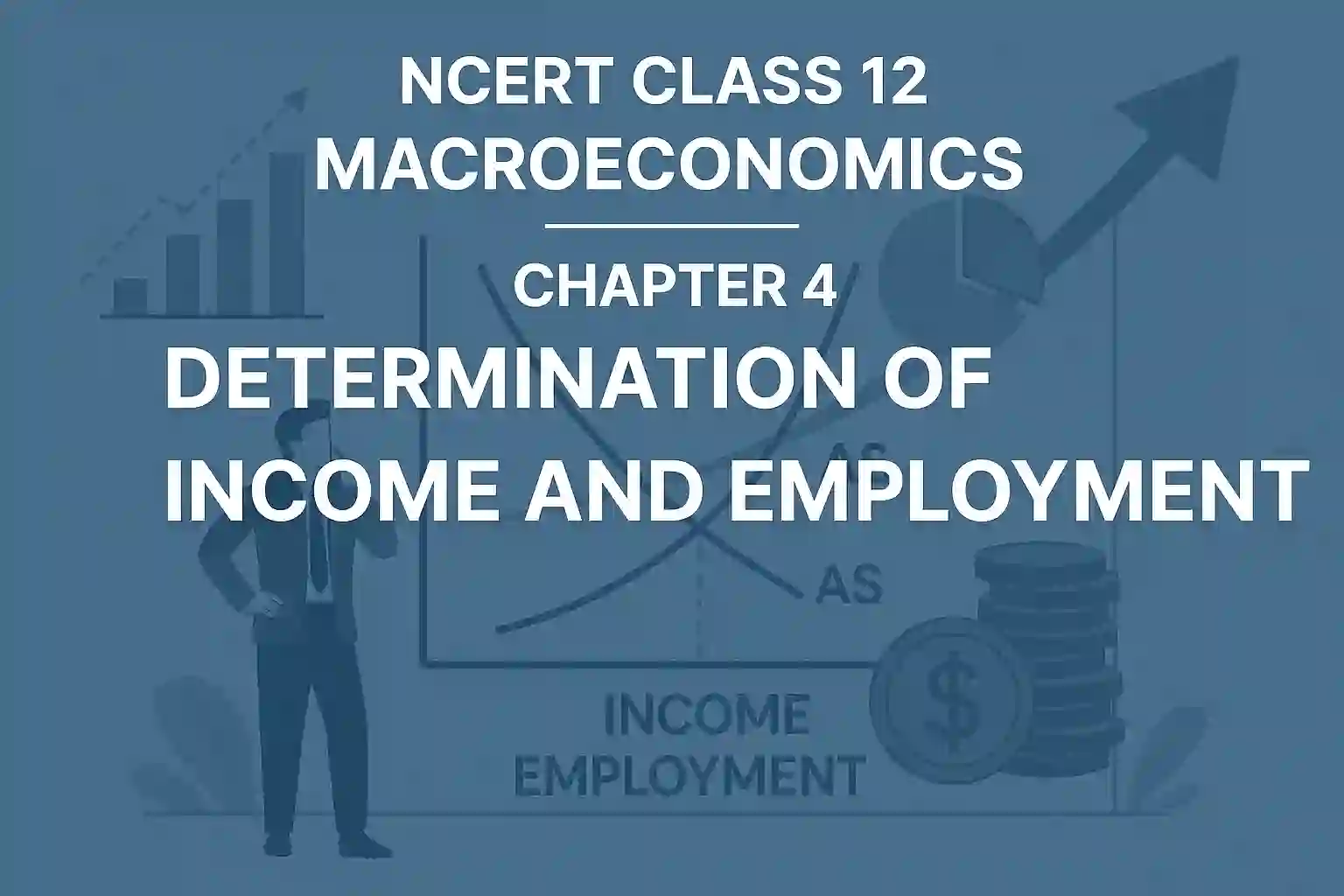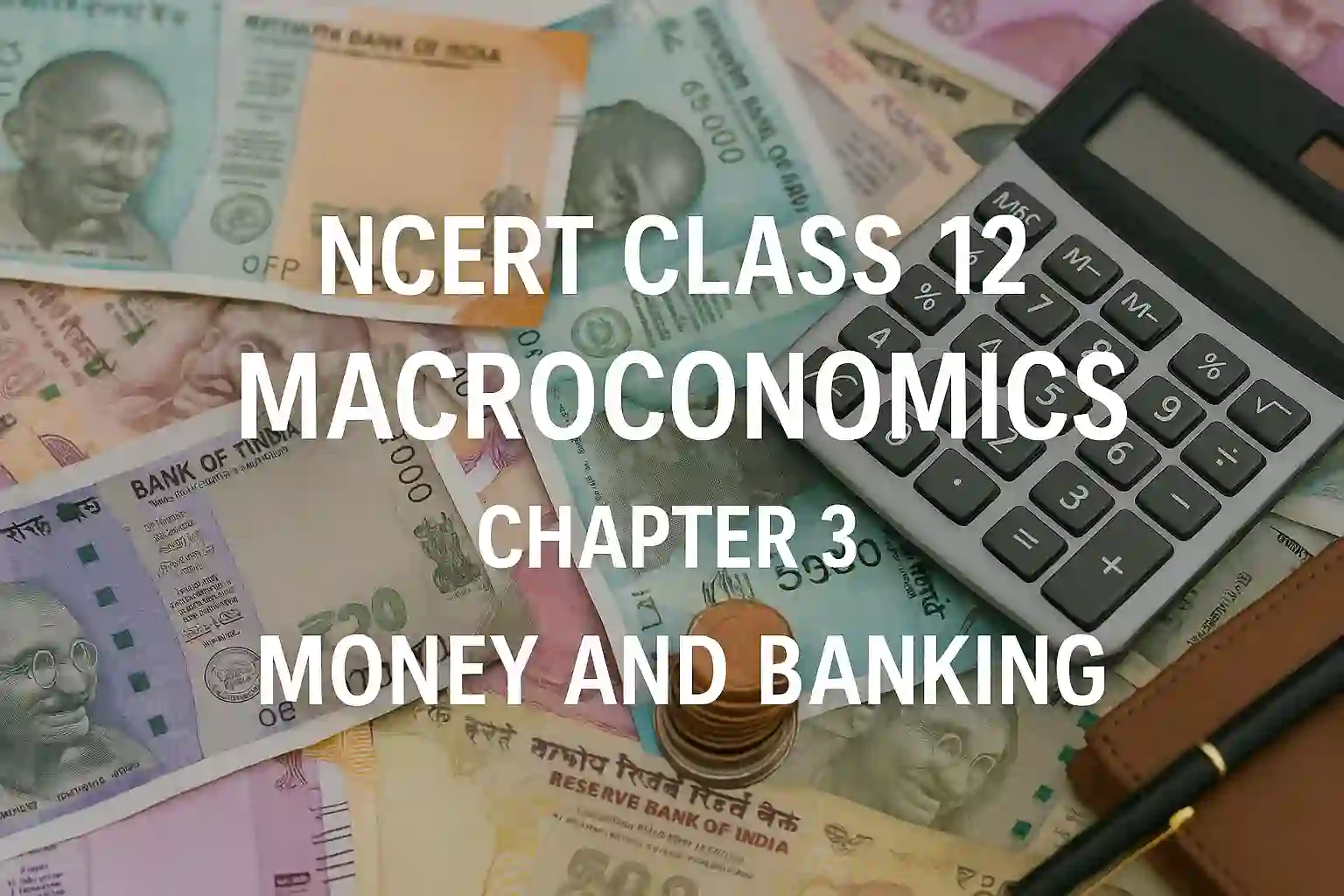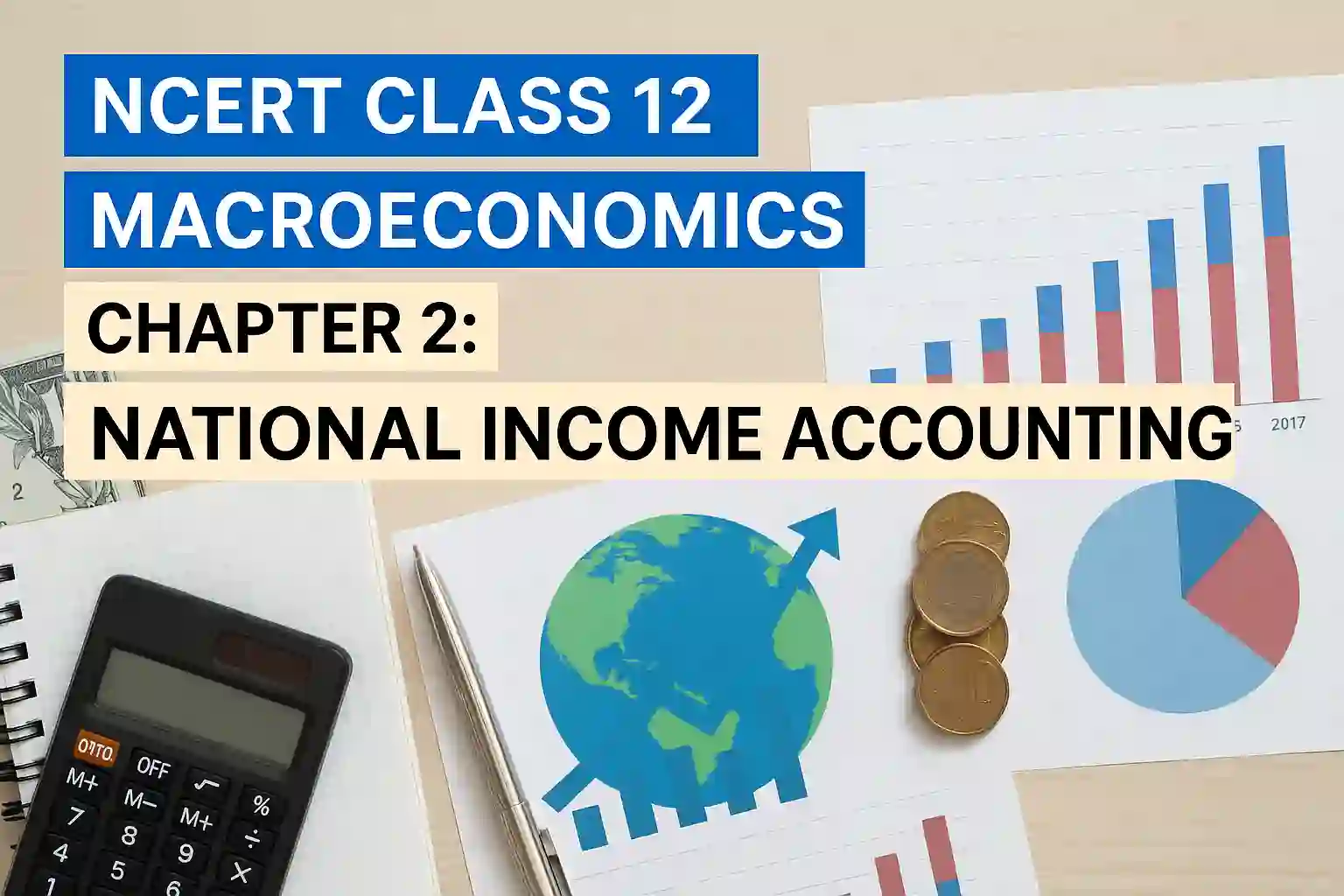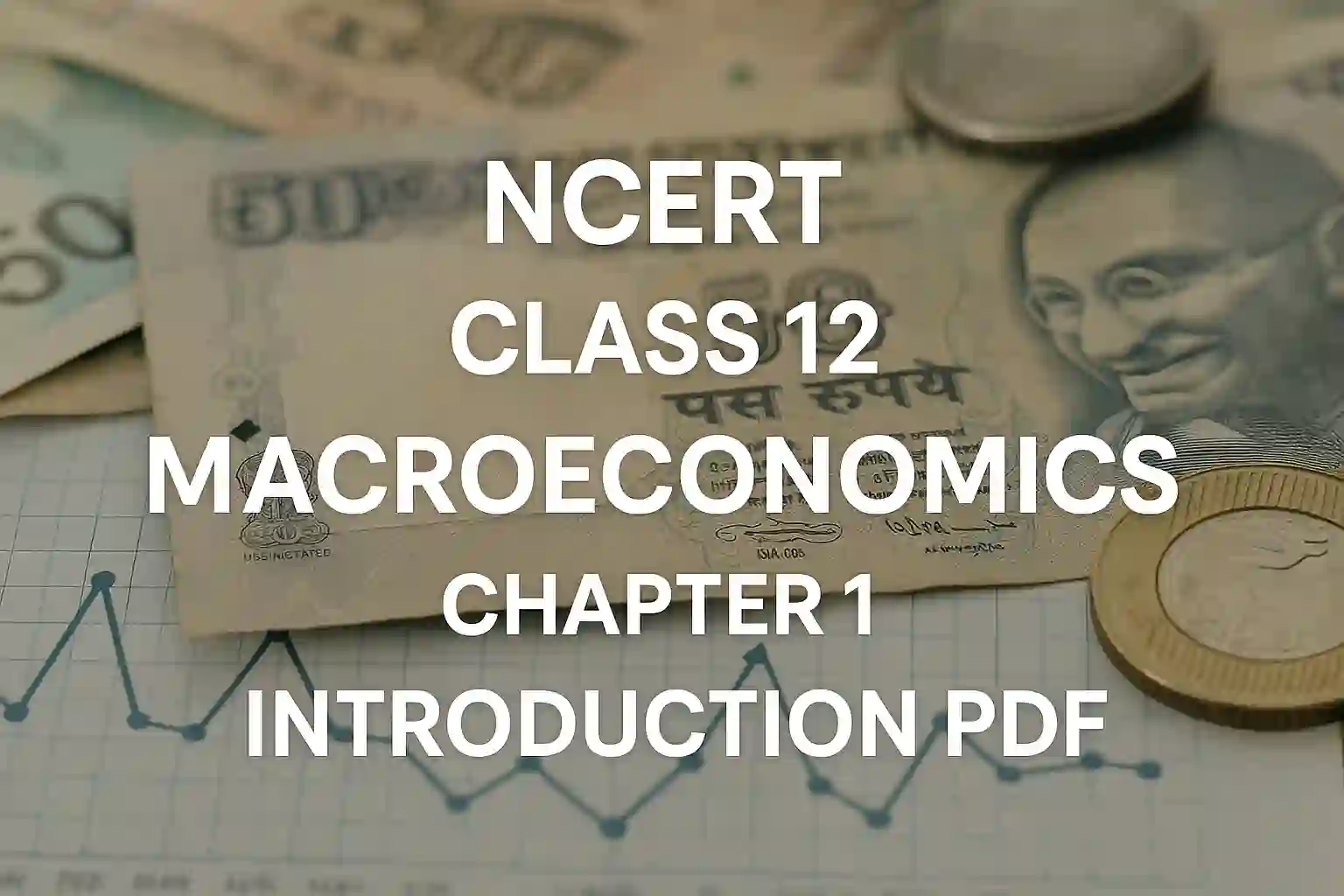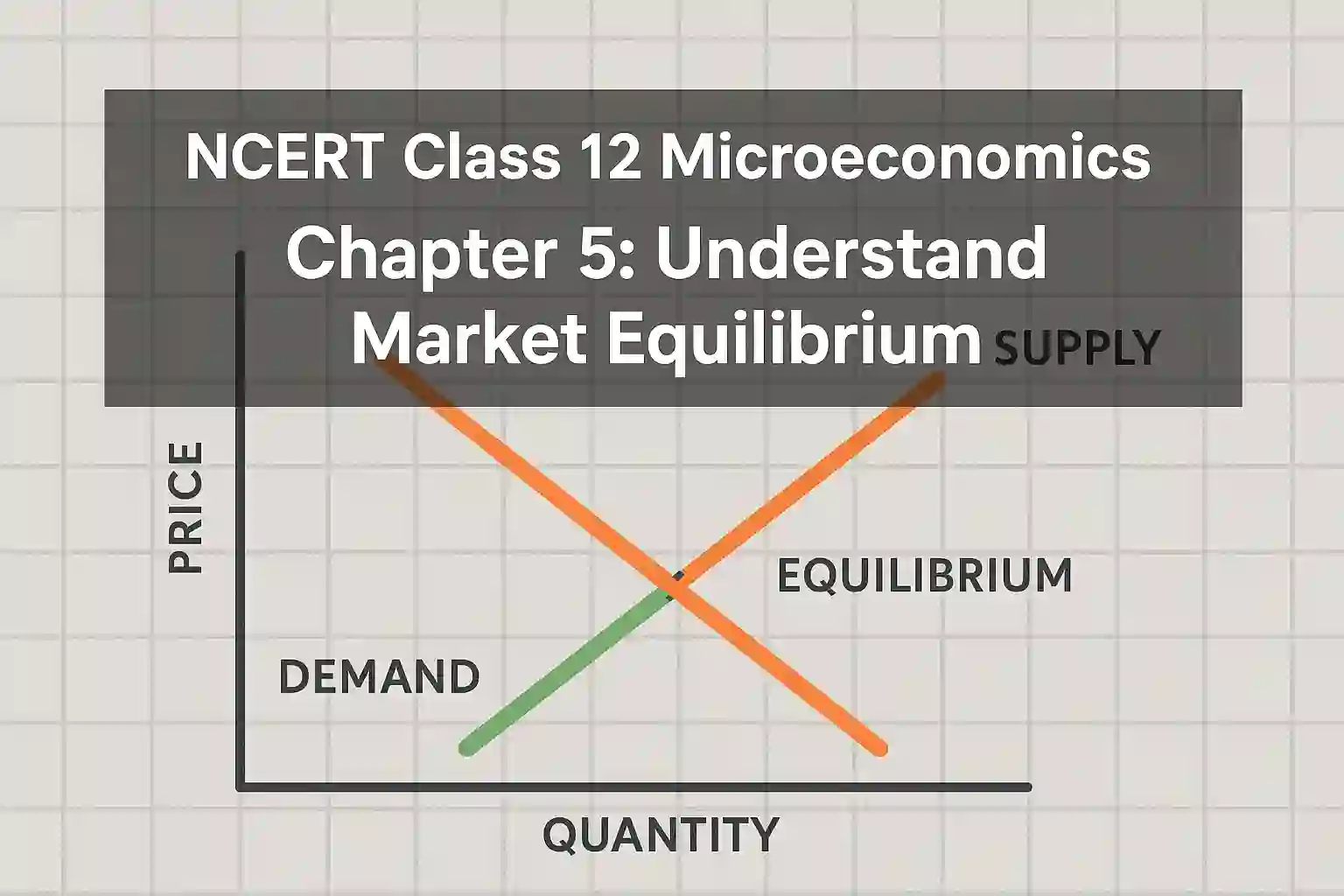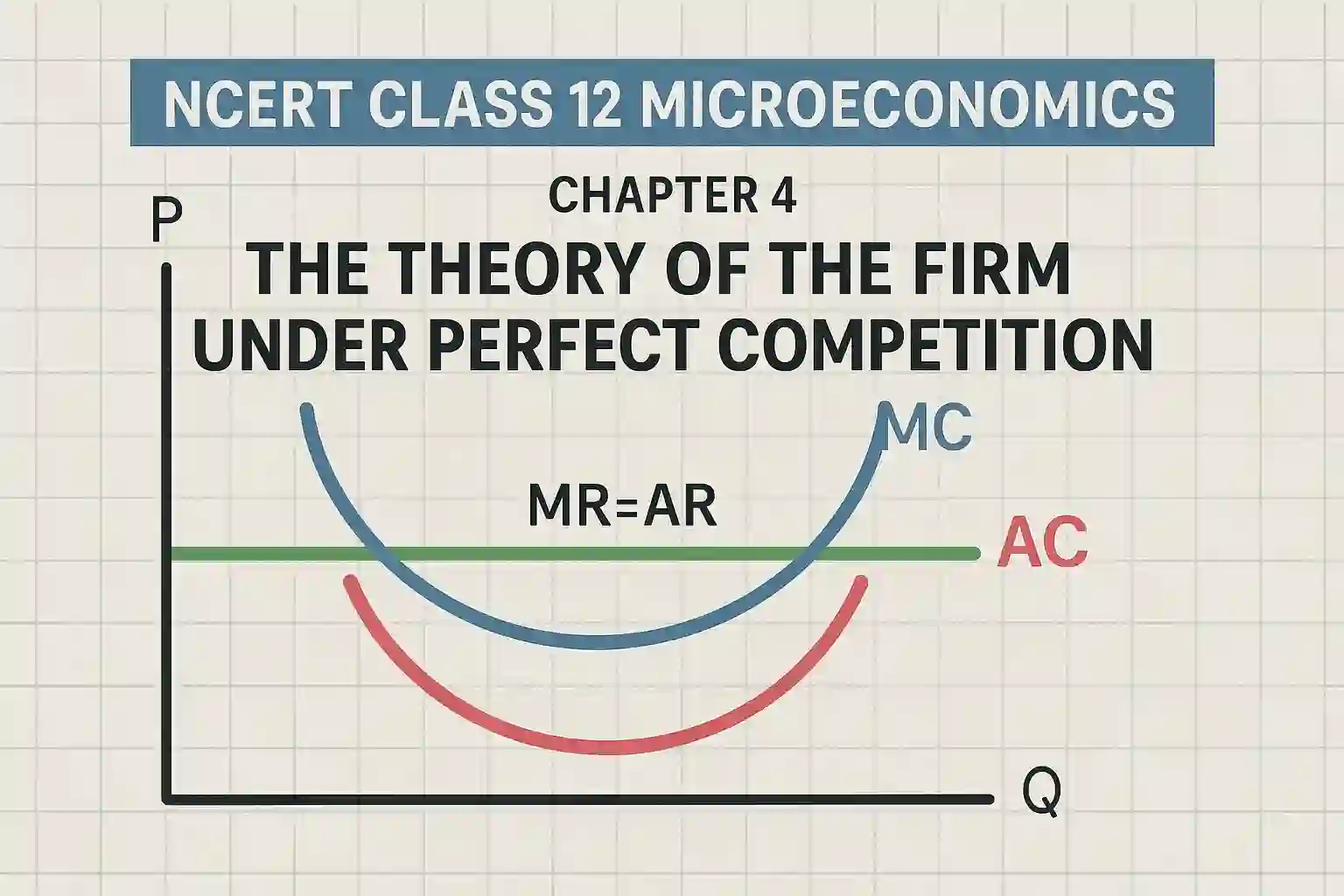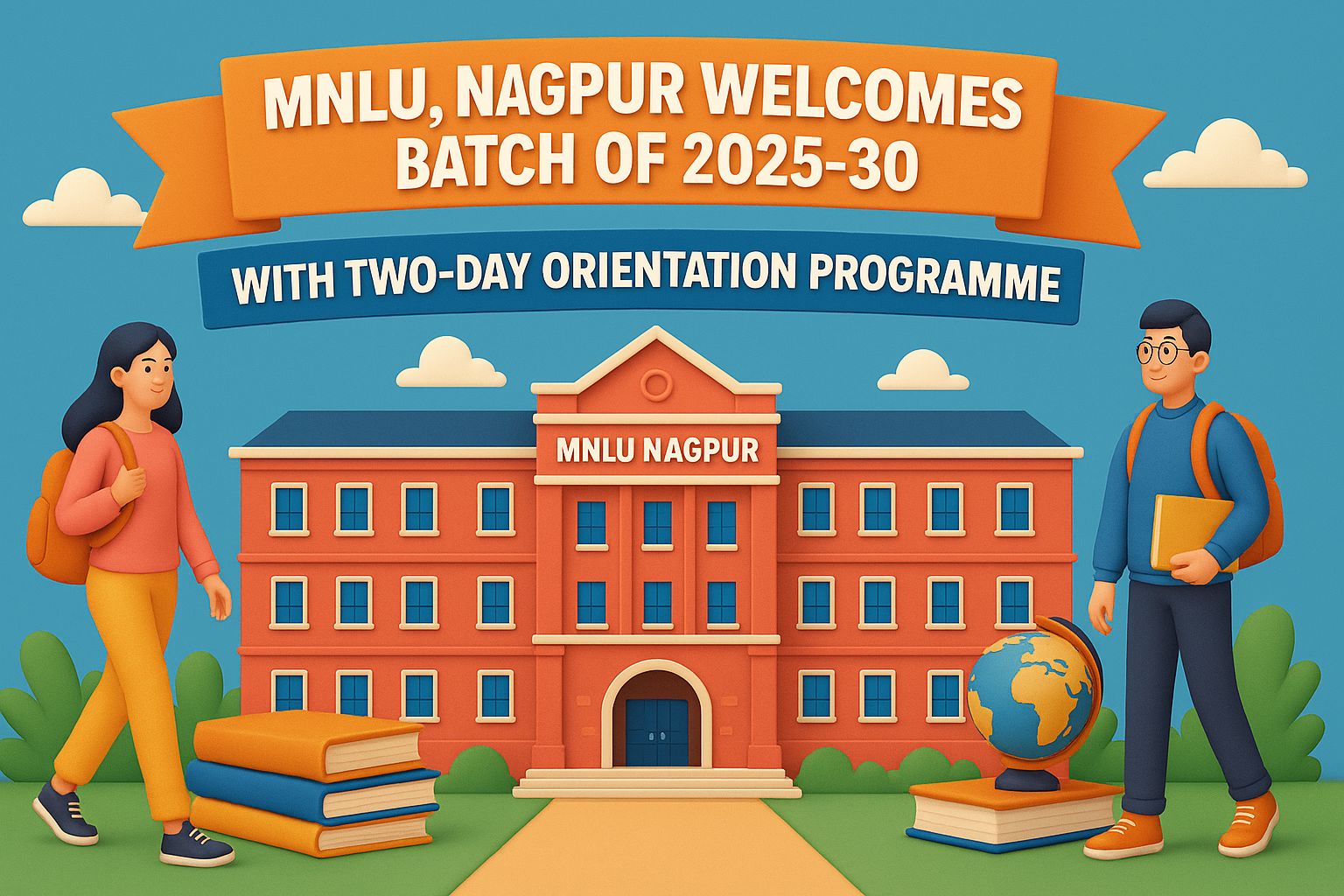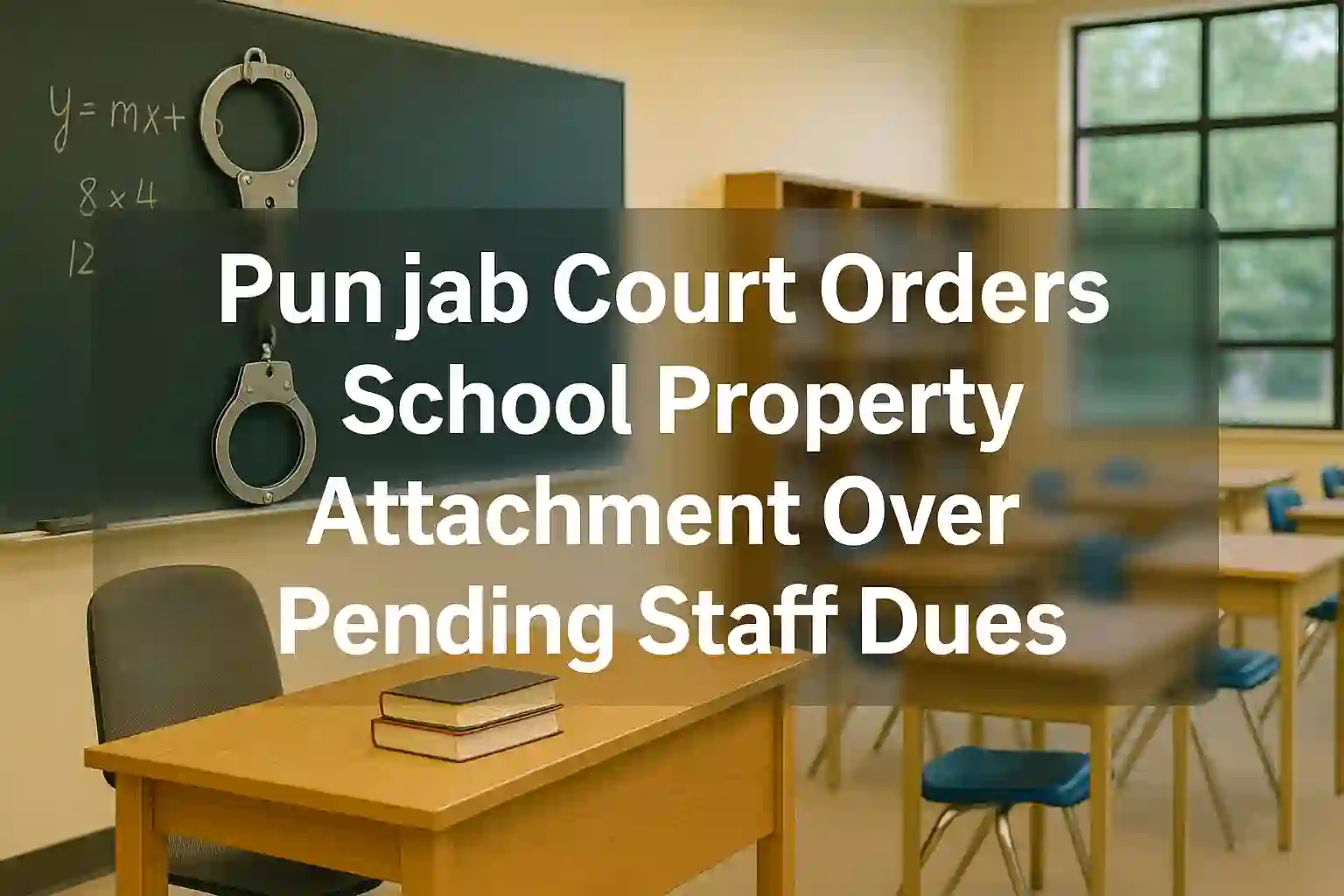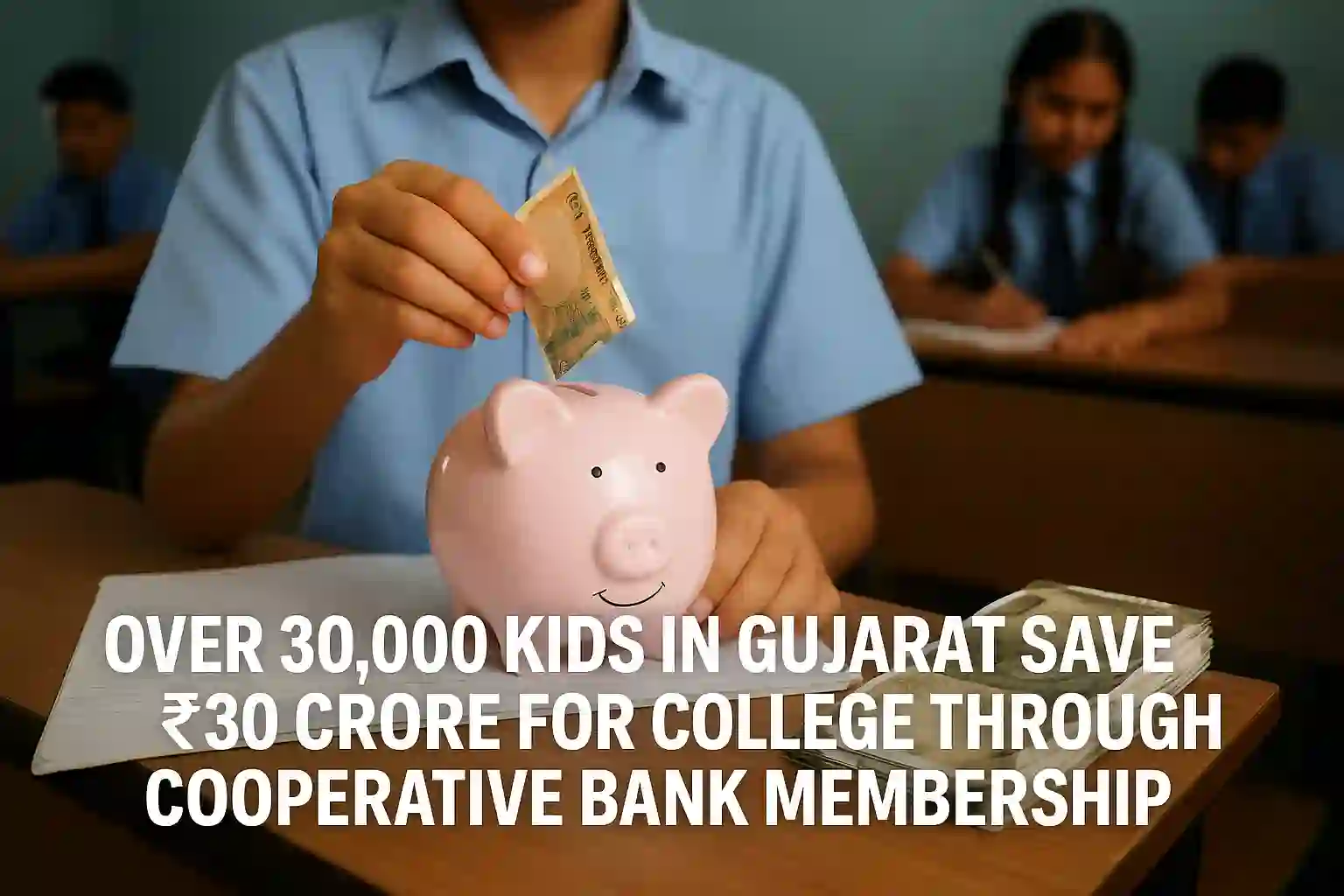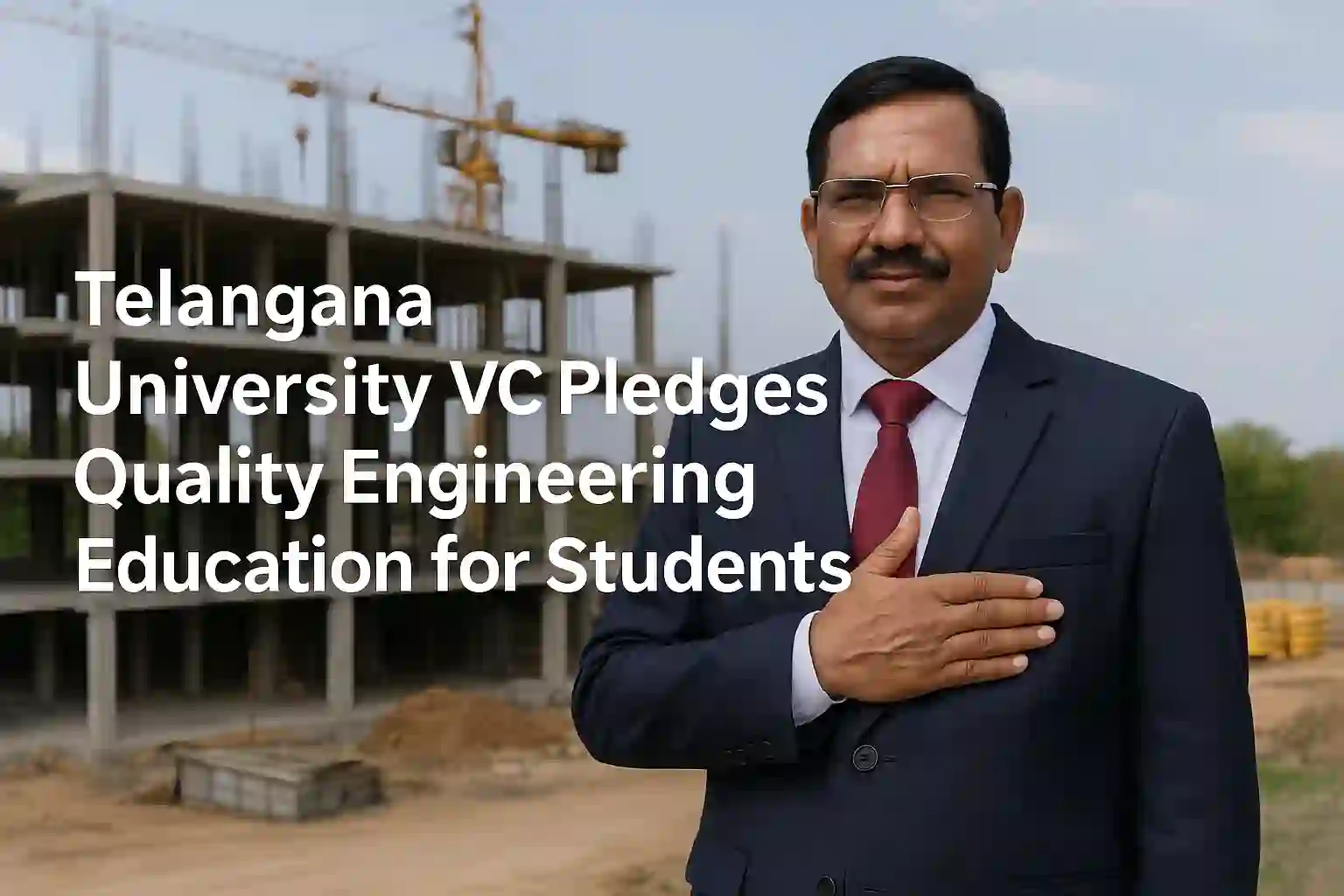The Maharashtra government has taken a big step towards improving the quality of school education by signing multiple Memorandums of Understanding (MoUs) with leading educational organisations and non-profits. These MoUs focus on teacher training, early childhood care, digital learning, and strengthening foundational literacy and numeracy in schools. The aim is to make learning more student-friendly and aligned with the National Education Policy (NEP) 2020.
I felt it was important to write about this because education reforms at the policy level often sound good on paper but don’t reach classrooms effectively. So, whenever a state government takes a concrete step involving reputed education-focused partners, it deserves attention. These MoUs can have a real impact on how children are taught and how teachers are trained, especially in government schools. Also, for parents, teachers, and education volunteers, this kind of news helps us understand where things are heading and how we can contribute or adapt to the changes. More awareness means more involvement from the public, which is essential to improve learning outcomes on the ground.
What Are These MoUs About?
Recently, the Maharashtra School Education and Sports Department signed key MoUs with several reputed partners including Piramal Foundation, Kaivalya Education Foundation, Leadership for Equity, and Palakneeti Pariwar. The focus of these partnerships includes:
- Foundational literacy and numeracy (FLN): Helping students in Classes 1 to 3 strengthen reading, writing, and basic arithmetic skills
- Early Childhood Care and Education (ECCE): Developing learning practices for pre-primary sections
- Teacher Capacity Building: Training teachers in new methods and the NEP 2020 framework
- School Leadership: Supporting headmasters and school principals in school improvement strategies
- Community Engagement: Involving parents, gram panchayats, and school management committees more actively
Each partner brings expertise in their respective area. For example, Palakneeti Pariwar is known for its work on child rights and parental participation, while Piramal Foundation has experience with improving learning levels in remote rural areas.
Why This Is A Needed Move
In Maharashtra, like many parts of India, government schools face challenges such as lack of trained teachers, outdated teaching methods, and weak foundational learning in the early years. According to various reports, many students in Classes 3 and 4 struggle with basic reading and number operations. Without addressing this early gap, students tend to lag behind permanently.
The government has understood this and decided to take help from experts rather than try to do everything internally. That’s a smart move. By involving organisations who have worked at the grassroots level, the state ensures practical solutions rather than only top-down orders. The partnerships are also designed to be long-term, with monitoring and feedback loops to assess what’s working and what needs fixing.
NEP 2020 as the Framework
All the initiatives under these MoUs are aligned with the National Education Policy 2020. The policy stresses on foundational literacy by Class 3, holistic learning, and reducing rote learning. It also puts strong focus on experiential learning, language inclusion, and flexible curriculum pathways.
The government’s latest MoU decisions match this spirit. Rather than only focusing on board exam results, there is a clear push towards building a strong base from the first year of school.
What It Means for Teachers and Schools
Teachers will get training sessions, toolkits, and mentoring support. This is especially important for rural and tribal area teachers who often lack exposure to modern pedagogical methods. Many of them handle multi-grade classrooms or have no access to regular professional development.
Schools will also get support on data tracking, improvement planning, and community involvement. One interesting part of the MoUs is the emphasis on engaging parents—not just to monitor attendance or exam results, but to build a culture of learning at home too.





